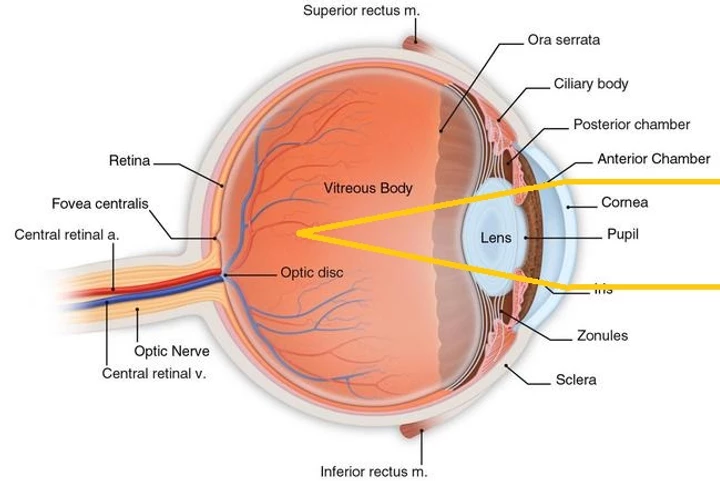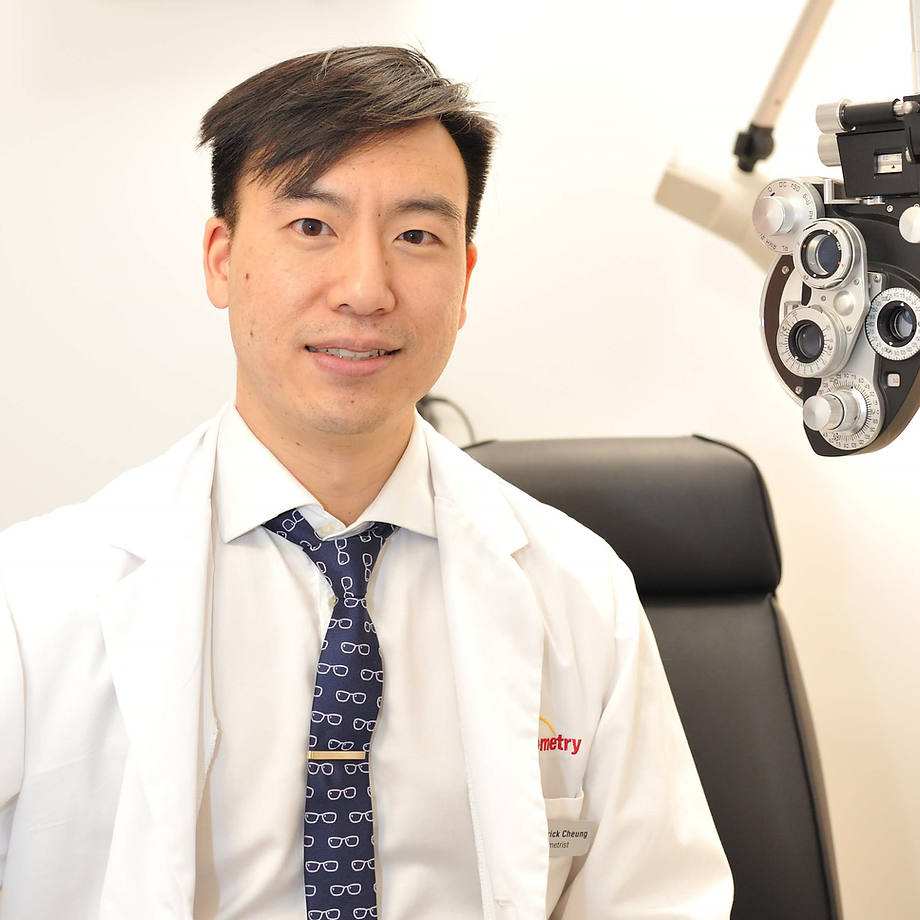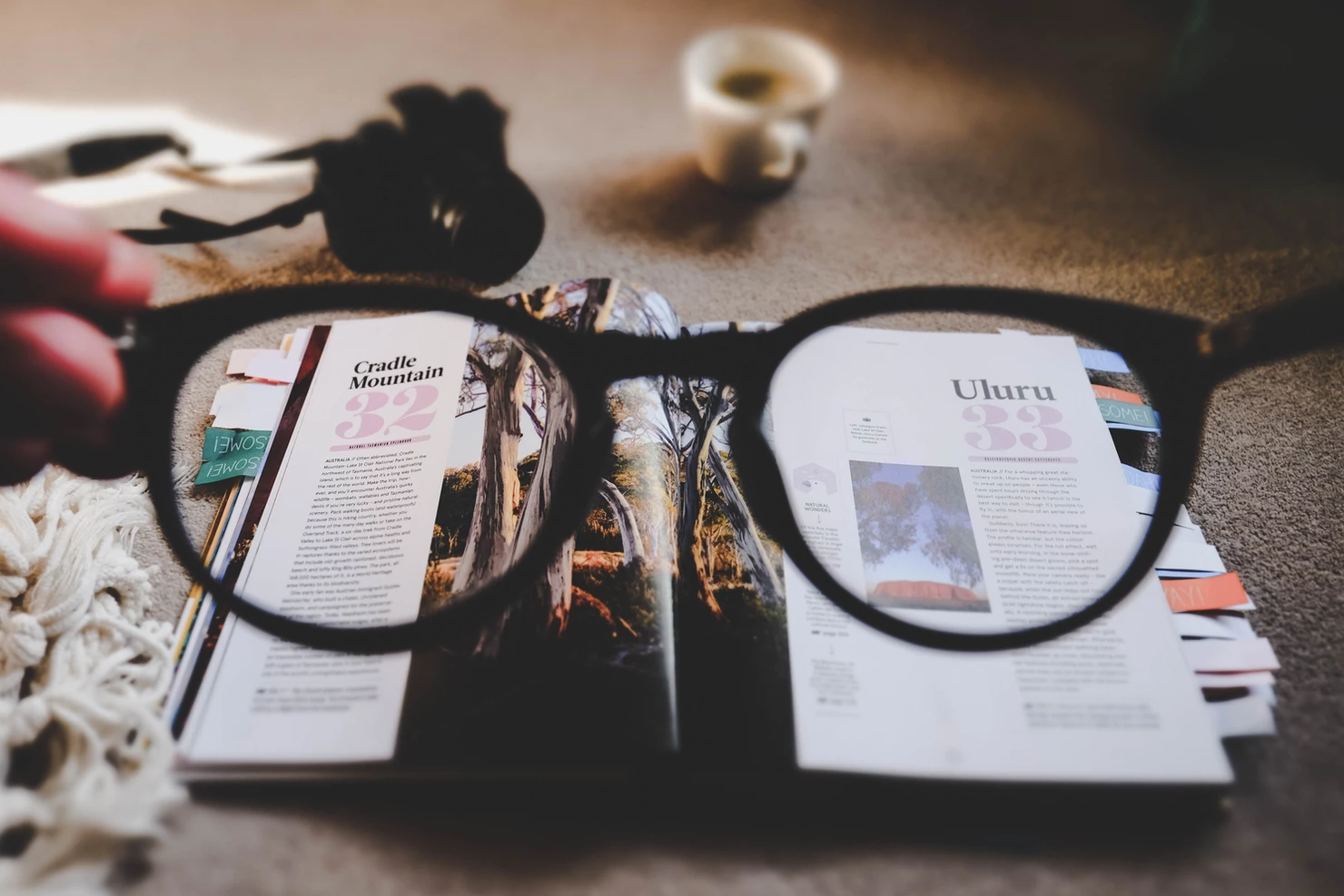If you need to wear glasses to see far away, there is a good chance you are nearsighted, or myopic. This article will be for you. There are many other reasons people need to wear glasses, but these solutions will only apply if you or your child is nearsighted.
What is myopia?
Simply put, myopia is being nearsighted. People that are nearsighted can't see far away very well, but have no problem with things up close. This will lead to difficulties seeing things such as the board at school, the TV, and driving. Myopia can be corrected with options such as glasses, contact lenses, and surgery.
Myopia is becoming more prevalent now, with more of our time spent being indoors on screens and books, rather than being outside. Currently, myopia is a condition that affects 30% of the population worldwide. This number is constantly increasing, and it is estimated that in 2050, about 50% of the world's population will be nearsighted.

What To Do When Myopia Has Started
Myopia starting in childhood will usually progress more than if it starts in adulthood. These methods will be especially effective for children between the ages of 8 to 16.
Traditionally, what has been done to fix myopia is to correct the vision with glasses and contact lenses. This is important in order to be able to see, but it does not help to slow down or stop these changes. This can lead to having a higher prescription in adulthood and also having a higher risk of eye health issues. There are now different methods that can be used to slow down myopic changes. Dr. Patrick Cheung and his team at York Medical Eye Care can go over these options with you and prescribe the best course of treatment.
- Time spent outdoors has is known to prevent or slow the onset of myopia. Playing a sport or having an outdoor hobby can be a great thing. Remember to wear sunglasses to prevent sun damage to the eyes.
- Having blurry vision, even with glasses or contacts on, can actually make your eyes worse even faster. Some people believe that giving a slightly lower prescription than is needed can slow down changes in the eye. In actual fact, this will make your eyes worse faster. If there are changes in the prescription, having an up to date set of glasses to give the sharpest possible vision is helpful. For children, this usually happens about once a year. Ask about our Children's Packages to help address these prescription changes.
- Spending lots of time reading or doing near focused work can make your myopia worse as well. It is recommended that you take a break after 20 minutes of near work in order give your eyes a chance to relax, as well as to use some of the peripheral vision.

In the past, once you started getting nearsighted, it would be corrected by wearing glasses, contact lenses, or having laser eye surgery. These methods allowed you to see clearly, but did not do much to actively slow down the change in prescription year to year.
These days, there are various safe and effective strategies we can employ at York Medical Eye Care to slow the increase of myopia to a greater extent. These strategies have been shown to slow myopia progression by about 60% or more from year to year.
MiyoSmart Lenses
This is a brand new lens from Hoya that incorporates DIMS (Defocus Incorporated Multiple Segment) technology. DIMS works by altering the focal points in the periphery of the lens to slow down changes to the growth of the eye. It is worn just like a regular pair of glasses during the day.
Atropine for Myopia Control
Atropine is a type of dilating drop that is specifically formulated to be used for myopia management. It can only be dispensed at a compounding pharmacy and not a regular pharmacy. This drop is used once a day at night time. The drop helps to slow down changes in the growth of the eye.
MiSight Contact Lenses
This is a soft 1-day contact lens that helps to slow down changes in myopia. It is worn during the day and thrown out at night. It is different from a typical contact lens, because it has special focal zones in it to help slow down changes in the growth of the eye.
For more information about myopia control, Dr. Patrick Cheung and the team at York Medical Eye Care can be contacted at (905) 836-1112 or info@yorkmedicaleyecare.com.


